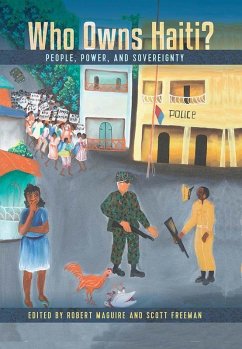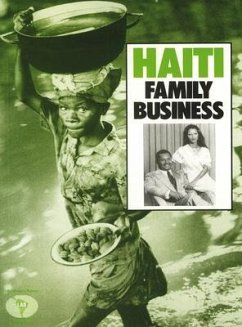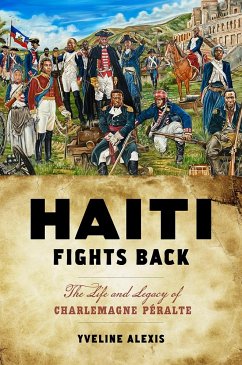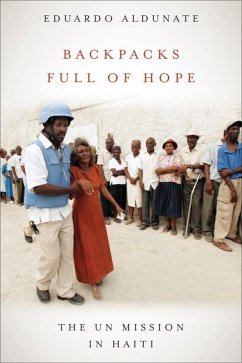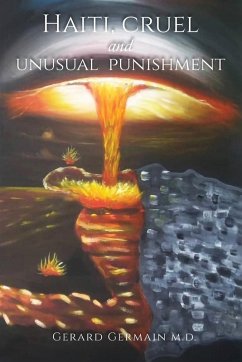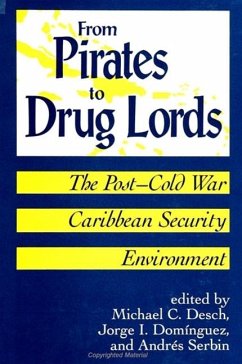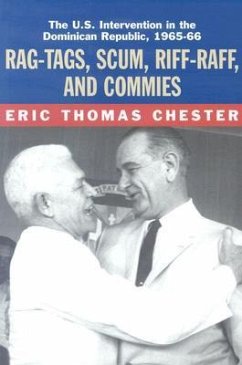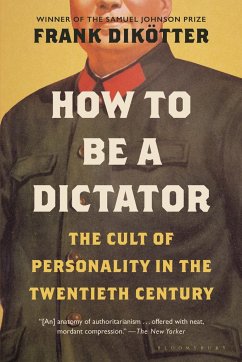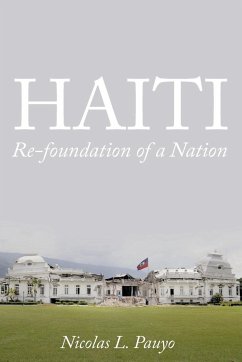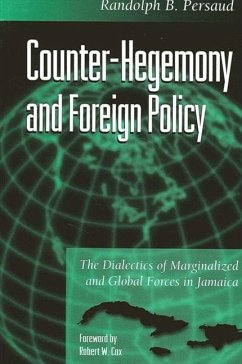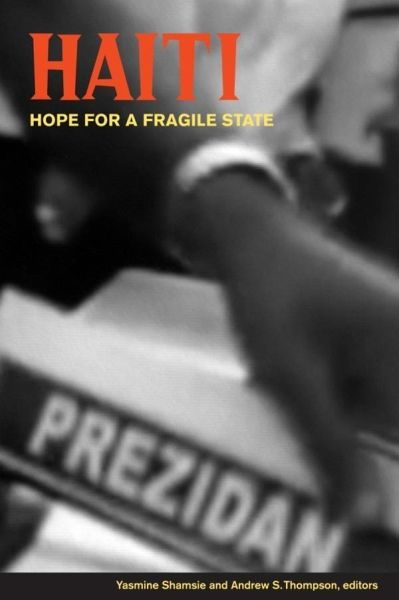
Haiti
Hope for a Fragile State
Herausgeber: Shamsie, Yasmine; Thompson, Andrew S
Versandkostenfrei!
Versandfertig in über 4 Wochen
42,99 €
inkl. MwSt.

PAYBACK Punkte
21 °P sammeln!
"This book...avoids the political debates about Jean-Bertrand Aristide that dominate so many current writings about Haiti. Its focus is the society itself, the sources of difference, the origins of violence, and the possibility of change....The superb work done by the editors has established a high standard for future efforts." (Terry Copp and John English from the Preface) Haiti is a country in the midst of a political, economic, ecological, and social crisis. Violence has sabotaged attempts to establish the rule of law, and state infrastructure is notably absent in much of the country, leadi...
"This book...avoids the political debates about Jean-Bertrand Aristide that dominate so many current writings about Haiti. Its focus is the society itself, the sources of difference, the origins of violence, and the possibility of change....The superb work done by the editors has established a high standard for future efforts." (Terry Copp and John English from the Preface) Haiti is a country in the midst of a political, economic, ecological, and social crisis. Violence has sabotaged attempts to establish the rule of law, and state infrastructure is notably absent in much of the country, leading to an overall climate of insecurity. Haiti: Hope for a Fragile State sheds light on the varied and complex roots of the current crisis, dispels misperceptions, and suggests that the situation in Haiti, despite evidence to the contrary, is not completely desperate. It brings together diverse perspectives on development, the military, history, NGOs, and politics and discusses the peace-building efforts of the past, suggesting ways to move forward to make Haiti a strong state. Co-published with the Centre for International Governance Innovation



